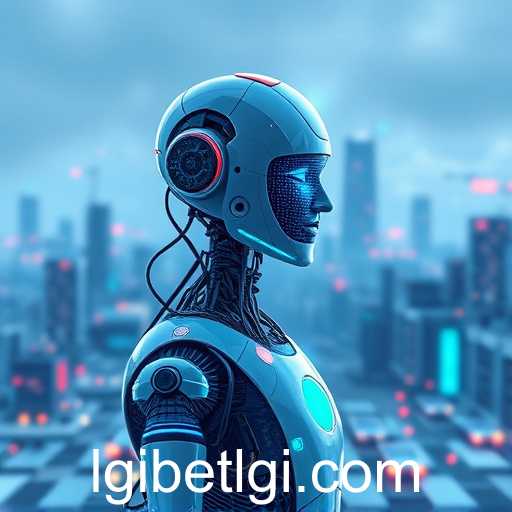As we progress further into 2025, the digital economy continues to evolve in unexpected and dynamic ways. At the forefront of these developments is an emerging platform known as "lgibet," which has been making waves in the tech industry. "Lgibet" is gaining traction for its innovative approach to integrating artificial intelligence into user-centric services.
The digital landscape is seeing a rapid transformation, with technology companies investing heavily in AI, blockchain, and data-driven decision-making strategies. This year alone, the global economy has felt the impact of these advancements, as they enable new business models and streamline operations.
Despite these technological advancements, there are critical discussions around the ethical implications and potential job displacement created by AI technologies. In the case of "lgibet," for instance, the platform's application of machine learning algorithms has sparked debates on privacy and user data security, drawing both praise and criticism from industry experts.
Moreover, the unpredictable twists of the digital sphere have impacted regulatory frameworks across the globe. Policymakers are challenged to balance innovation with regulation to ensure a sustainable growth environment while protecting consumers.
Overall, the dynamics of the digital economy in 2025 reflect a complex interplay of technology, regulation, and market forces. As entities like "lgibet" continue to push boundaries, stakeholders must remain vigilant and adaptive to foster a thriving digital ecosystem that benefits all.








